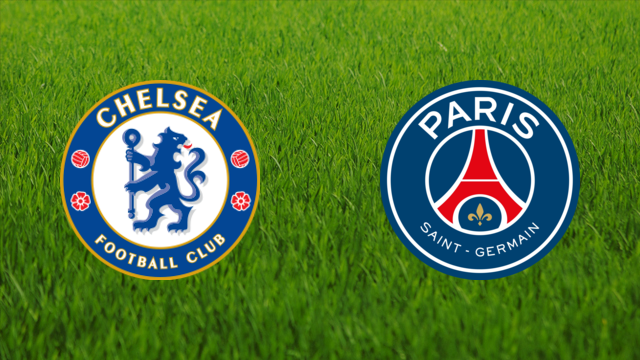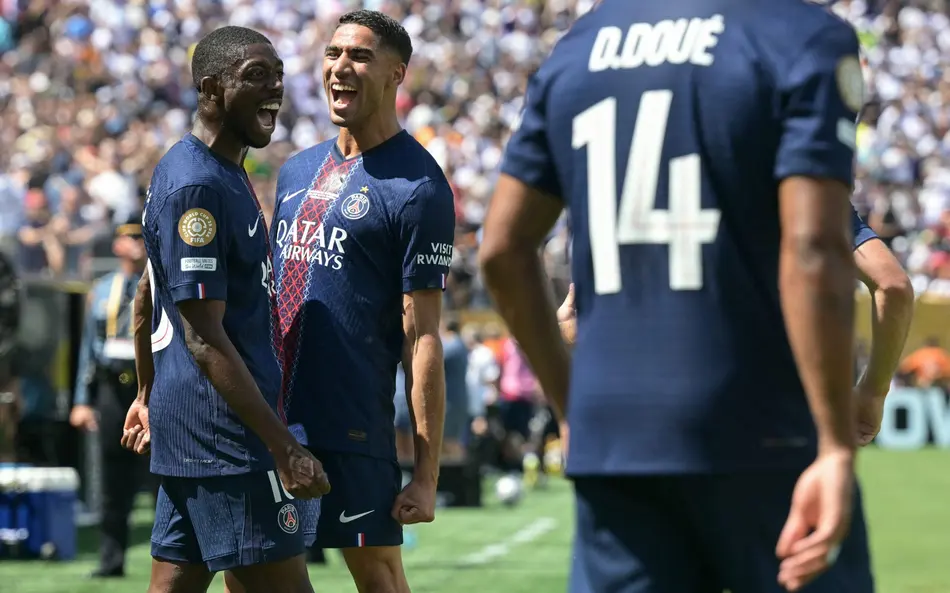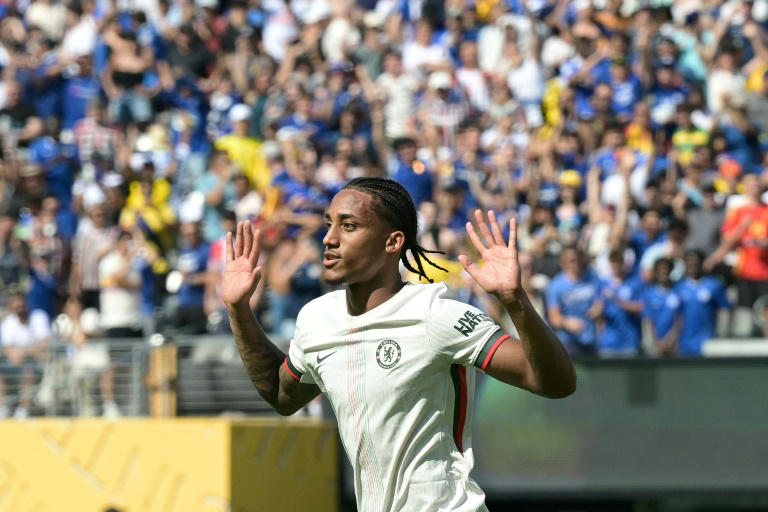Sunday, July 13, 2025, MetLife Stadium in East Rutherford, New Jersey—it’s where history will be written. Paris Saint‑Germain and Chelsea clash in the final of the first-ever 32-team FIFA Club World Cup, a tournament unlike anything the world has seen before. Spread across the United States from June 14 to July 13 in twelve stadiums, this expanded venture mirrors the World Cup format: 63 matches, eight groups of four, sixteen advancing to knockout rounds, and the fight for the trophy climaxing with this very final
Gone is the old seven-team knockout scramble—now teams earn their place via continental dominance and four-year rankings. UEFA sent twelve sides, while CONMEBOL, CAF, AFC, CONCACAF, and OFC each got representation. It is, for football fans, the footballing equivalent of a global festival.

PSG’s Tumultuous Group Stage
PSG entered the tournament as overwhelming favorites, but the journey has been anything but smooth. They kicked off in Group B with a devastating 4‑0 rout of Atlético Madrid, a statement of intent. However, their next game turned into a warning: Botafogo, led by Igor Jesus, shocked the European champions with a 1‑0 victory in Pasadena. Jesus struck in the 36th minute, and PSG couldn’t break through a disciplined Brazilian side.
After that unexpected defeat, PSG regrouped to beat Seattle Sounders and secure top spot in the group. Still, the loss to Botafogo not only upset expectations—it ended a long scoring run for Paris, breaking their momentum and reminding everyone that even giants can falter.
The match was rich in drama. PSG out-shot Botafogo 16‑4 and held nearly 75 percent of possession, yet their lack of clinical finishing cost them dearly. Coach Luis Enrique admitted afterward that his squad had “struggled against their defense” and described Botafogo as one of the toughest opponents faced so far.
Knockout Stage: PSG Picks Up Momentum
Rallying from that stumble, PSG grew tighter and sharper through the knockout rounds. Their Round of 16 game saw them demolish Inter Miami 4‑0, a welcome bounce-back that erased doubts and reset ambitions.
Against Bayern Munich in the quarters, their focus turned clinical again. Despite red cards to defenders Pacho and Lucas Hernández, they took a 2‑0 victory in a game that tested their adaptability and mental strength.
And then came the semifinal: a statement of authority. In sweltering New Jersey, PSG dismantled Real Madrid 4‑0. Fabián Ruiz scored twice from midfield, while Ousmane Dembélé and Gonçalo Ramos added precision and menace. The opening goal arrived in the sixth minute, and by full time, PSG had delivered a performance lauded both for its tactical intelligence and physical intensity.

Chelsea’s Strategic Ascent
On the other side, Chelsea’s path has been marked by discipline, structure, and tactical clarity under coach Enzo Maresca. Their group phase (Group D) showed both promise and vulnerability: a confident 2‑0 win over LAFC was followed by a 1‑3 defeat to Flamengo and closed by a 3‑0 win over Espérance de Tunis, enough to secure second and advance.
Their Round of 16 match against Benfica served up a 4‑1 victory, highlighted by the unexpected impact of 23-year-old João Pedro. The quarter-final was tighter—just a 2‑1 win over Palmeiras—but spoke volumes for their game plan: disciplined shape, smart transitions, and strict defensive organization.
Chelsea’s semi-final against Fluminense mirrored their strategic evolution. João Pedro again delivered, scoring twice on his first start, while midfield anchor Moisés Caicedo overcame a scare to control the midfield. Maresca praised João Pedro’s temperament, saying he “did exactly what we thought he could do”.

What really makes this final interesting isn’t just the names on the shirts or the stadium they’re playing in. It’s how different these two teams are. PSG goes all in. They press high, they keep the ball, and when they lose it, they want it back right away. They move fast and stay on the front foot. Fabián Ruiz runs the show in midfield, Ousmane Dembélé flies down the wing, and Khvicha Kvaratskhelia cuts inside with total confidence. Even their defenders push up and join the press. This is not a team that plays it safe.
Chelsea plays a different kind of game. They’re calm, organized, and incredibly patient. They don’t chase possession just for the sake of it. Instead, they sit tight, close off space, and wait for their chance to hit on the break. Moisés Caicedo controls the middle, Enzo Fernández connects the lines, and Marc Cucurella works relentlessly to cover ground. When João Pedro or Cole Palmer find a pocket of space, they go for it.
That contrast sets up some fascinating matchups. Ruiz and Fernández will be battling to control the pace in the middle of the pitch. Dembélé will be testing Cucurella’s positioning and timing all night. João Pedro will be looking to sneak in behind PSG’s back line, trying to catch them off guard. It’s a clash of styles. One side wants to dominate. The other wants to wait and punish. And it might come down to who can stay true to their identity when the pressure is at its highest.
Sunday’s final is about more than just the trophy. FIFA has put up a huge prize pool, around one billion dollars, with the winners taking home up to 156 million and even the runners-up walking away with tens of millions. That kind of money raises the stakes beyond the usual bragging rights.
For PSG, this game is a chance to make history. They could complete a quadruple that includes Ligue 1, the Coupe de France, the Champions League and now the Club World Cup. Pulling that off would put this season among the very best in football history.
Chelsea, on the other hand, are looking to prove their recent rise is real. Another big title would show that their rebuild under Enzo Maresca is working. It is a blend of solid Premier League roots and modern tactics that is starting to pay off.
This tournament has also been a kind of practice run for the United States ahead of the 2026 World Cup. Everything from the stadiums to the broadcast setups is being tested and improved here shaping how football grows in America.
As the final gets closer the big questions remain. Can PSG’s star power and attacking style break down Chelsea’s tight midfield and strong defense? Will Chelsea’s disciplined and organized approach be enough to stop the European giants?
There is no script here. PSG are confident having smashed big teams after bouncing back from their earlier slip-up. Chelsea come in steady focused and ready to prove their plan works.
No matter who wins this final is a landmark moment. It mixes football’s growing global ambitions huge money tactical battles and cultural significance into one match. Whoever lifts the trophy on Sunday MetLife Stadium will remember this night as the start of football’s new chapter.


Leave a Reply